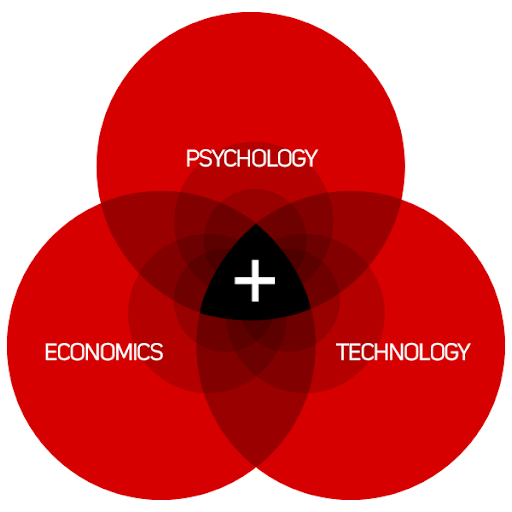c/o Shutterstock
There are moments in life when we become deeply aware of the direction we want to take. It’s in these moments that we commit to action, deciding to move forward with intention. While no one can provide a universal framework for what is true or important to you, I can offer a starting point to help you decide where to begin.
When making career decisions, consider these four key determinants:
1. Leverage – What resources, skills, or connections can you utilize?
2. Ease – How accessible or straightforward is this path?
3. Risk – What are the potential downsides or uncertainties?
4. Return – What is the reward, personally or professionally?
If you’re ready to explore your next steps, contact me via email to arrange a free 30-minute discovery call.







